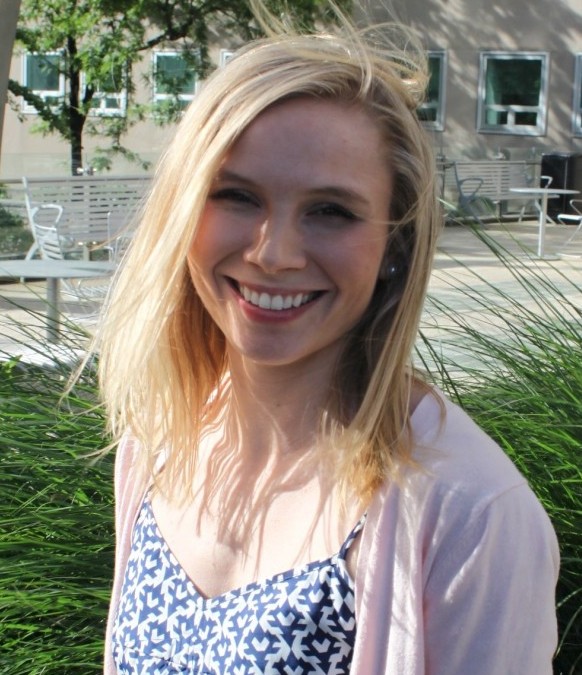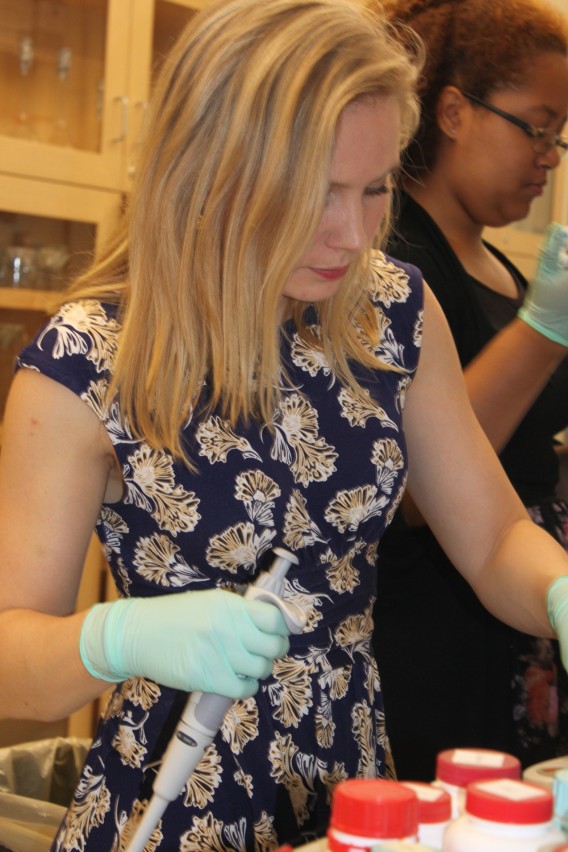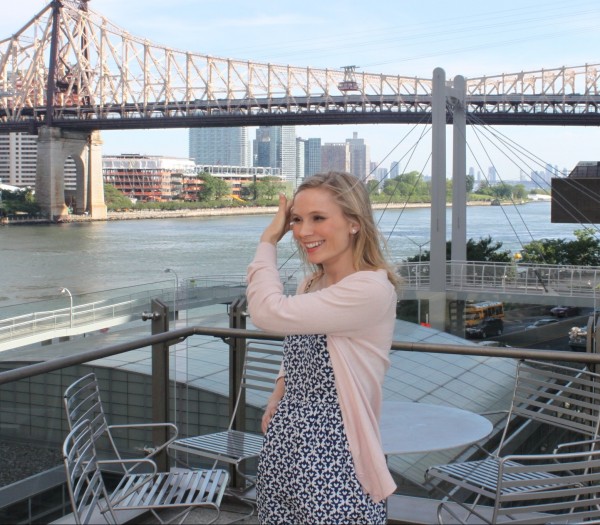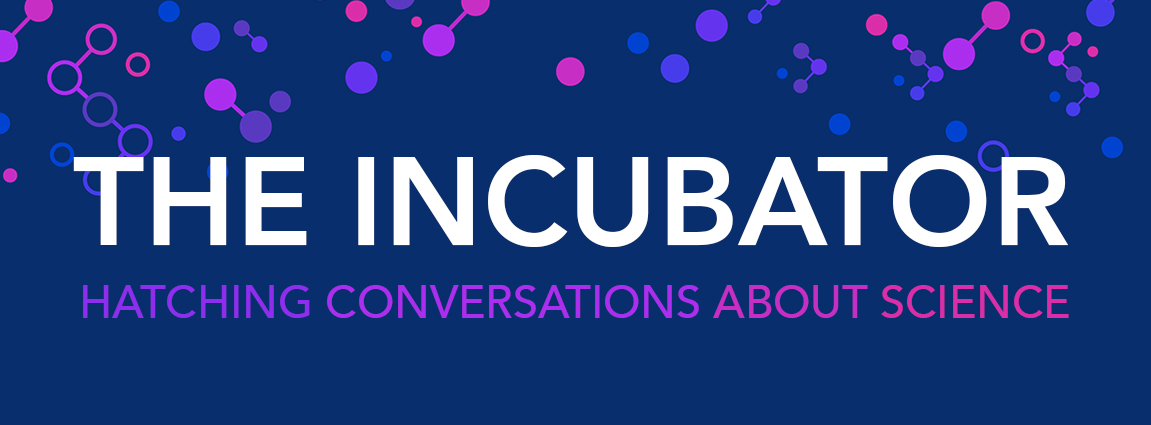Elizabeth Hubin

“During some stretches of time, when experiments are not working or when results are conflicting, research can be a serious struggle. When I first joined my current lab, I worked on a project for a year without being able to produce a thing—and that was pretty hard on me, both intellectually and emotionally. But my latest project has been incredibly productive and rewarding. The breakthrough moments are addictive and what every scientist lives for.”
What’s your favorite thing about being a scientist?
“Being able to dive deep into a question. I love biochemistry in particular—it’s like taking tiny tweezers to dissect a molecular process. It’s rare in life that we can truly take the time to understand something with so much detail, which almost feels indulgent. I think people take for granted how much science has told us about processes that we can’t actually see—information we now know only because of researchers who have devoted their entire careers to answering, and deeply understanding, just one small part of some larger question.
When I was a kid I was convinced I would have a career in the arts. I wasn’t remotely interested in science until mid-to-late high school, when science courses started to address questions at the biochemical level. That’s one reason why I’m so passionate about teaching science to high school students—it’s a time when you really see students develop an affinity for science.”

If you could give one piece of advice to young scientists or students, what would it be?
“Most of the time science isn’t accompanied by short-term gratifications. In a high school or college setting, we get used to having our hard work immediately validated: you study hard for a test and you get an A. This isn’t the case in research, where questions that you are trying to answer can take years to figure out. Even when you work day and night, it’s hard to feel productive because things can go so slowly. There is no checking things off a ‘to do list’ when you are dealing with open-ended problems.
So my advice is to try not to feel discouraged or daunted when you don’t see immediate results. Relish the small ‘aha moments’ when they happen. Get used to setbacks and failure because they are part of the process, but also realize that they will not last forever. I still struggle with these things, but when I reflect back over my research experience during the past 5 years, I realize that elements that can make research very difficult are also the things that make the work feel very rewarding.”

Elizabeth Hubin is a graduate student in the Laboratory of Molecular Biophysics at The Rockefeller University.
Through Scientists of New York (ScioNY), we hope to change the stereotypical perceptions of what a scientist looks like and highlight how STEM professionals in NYC come from a huge variety of backgrounds.
